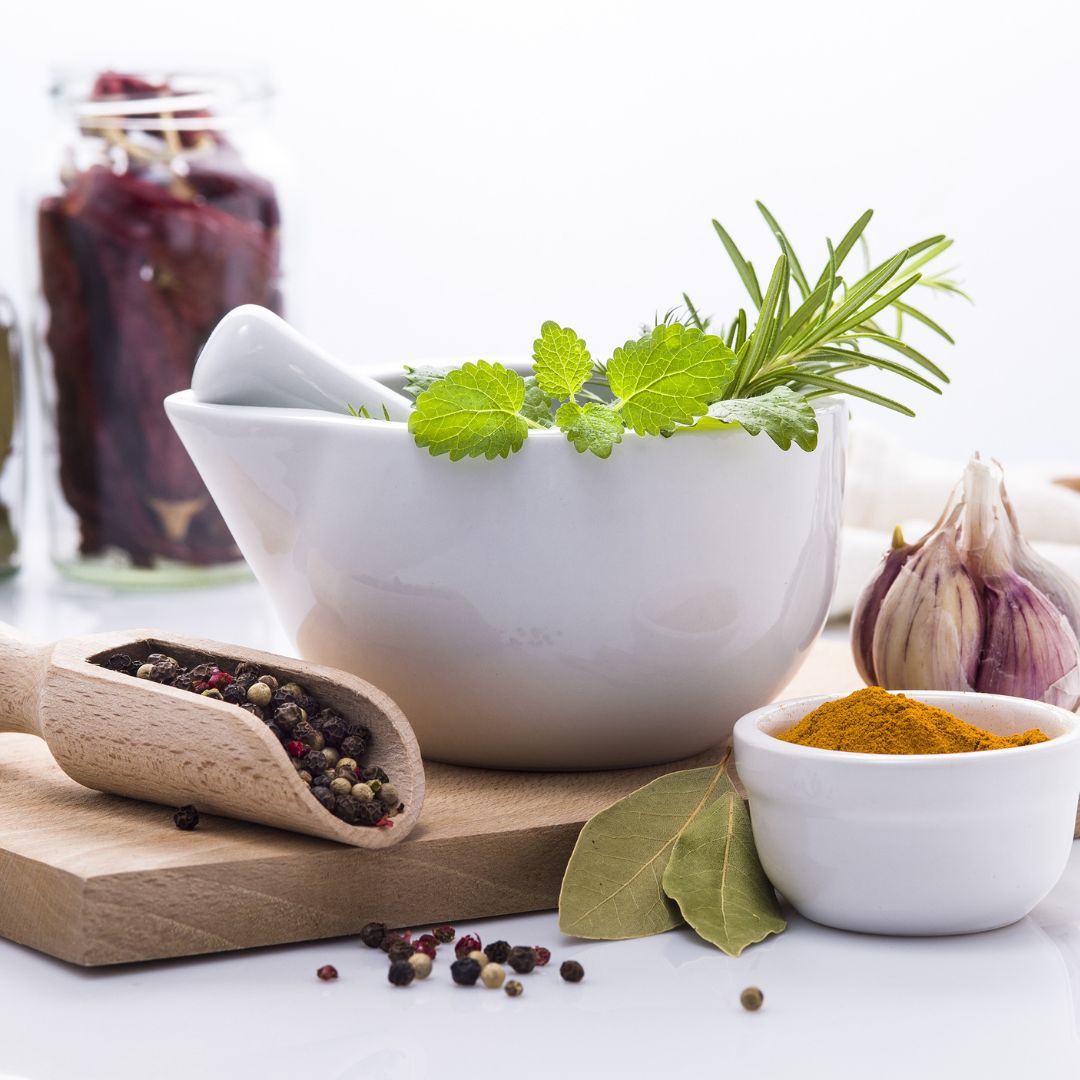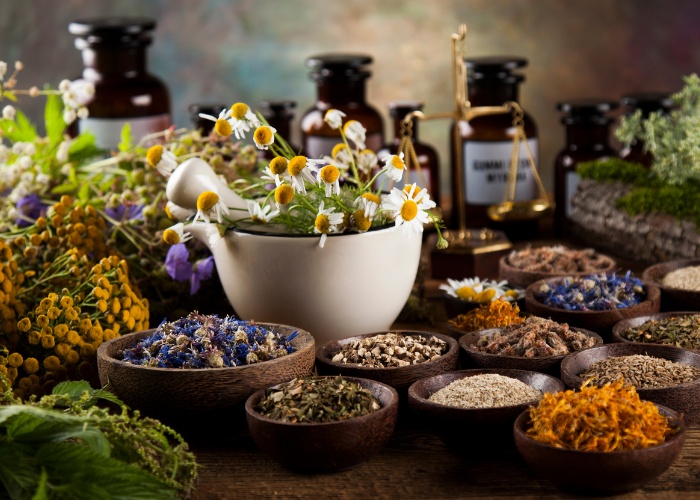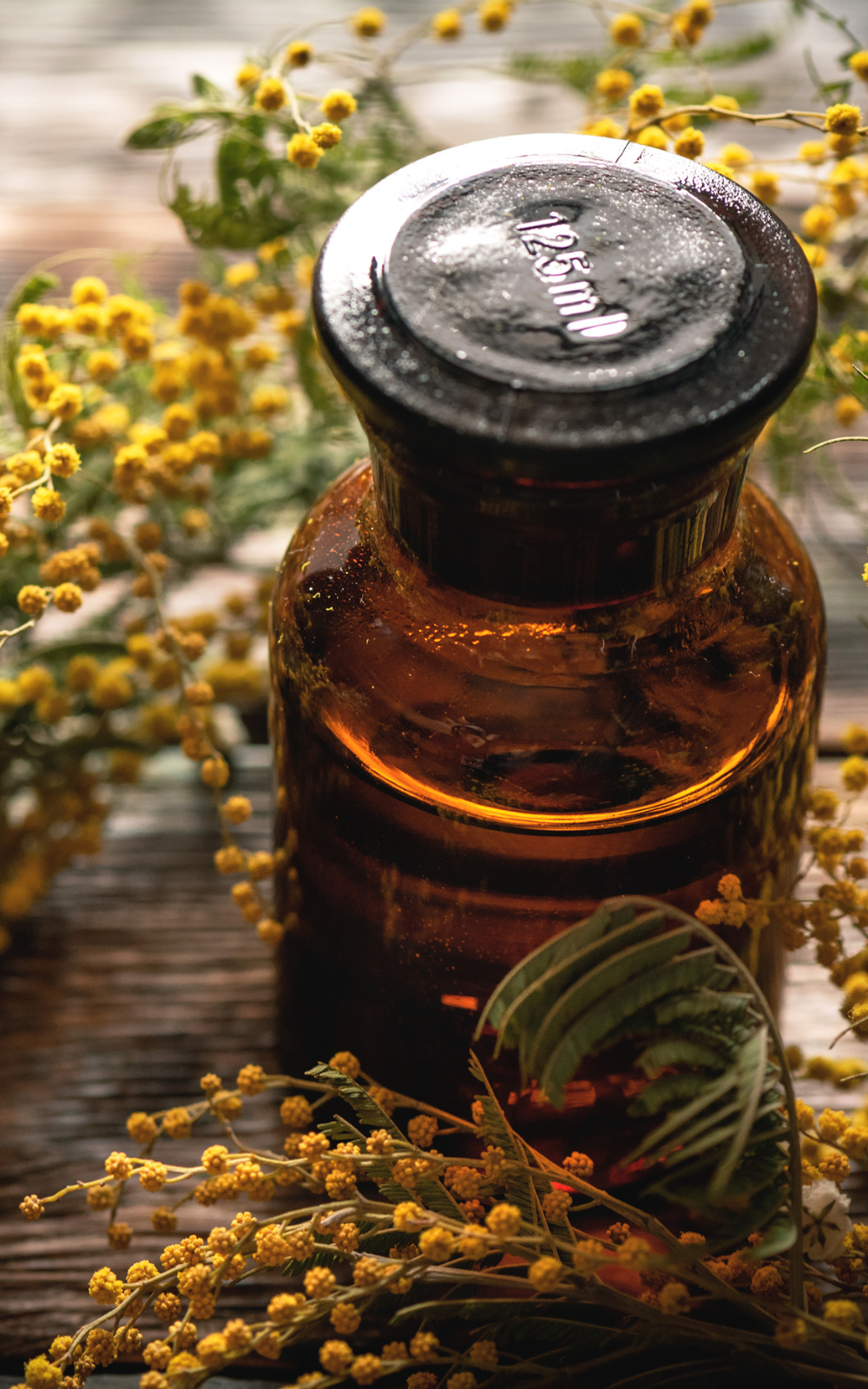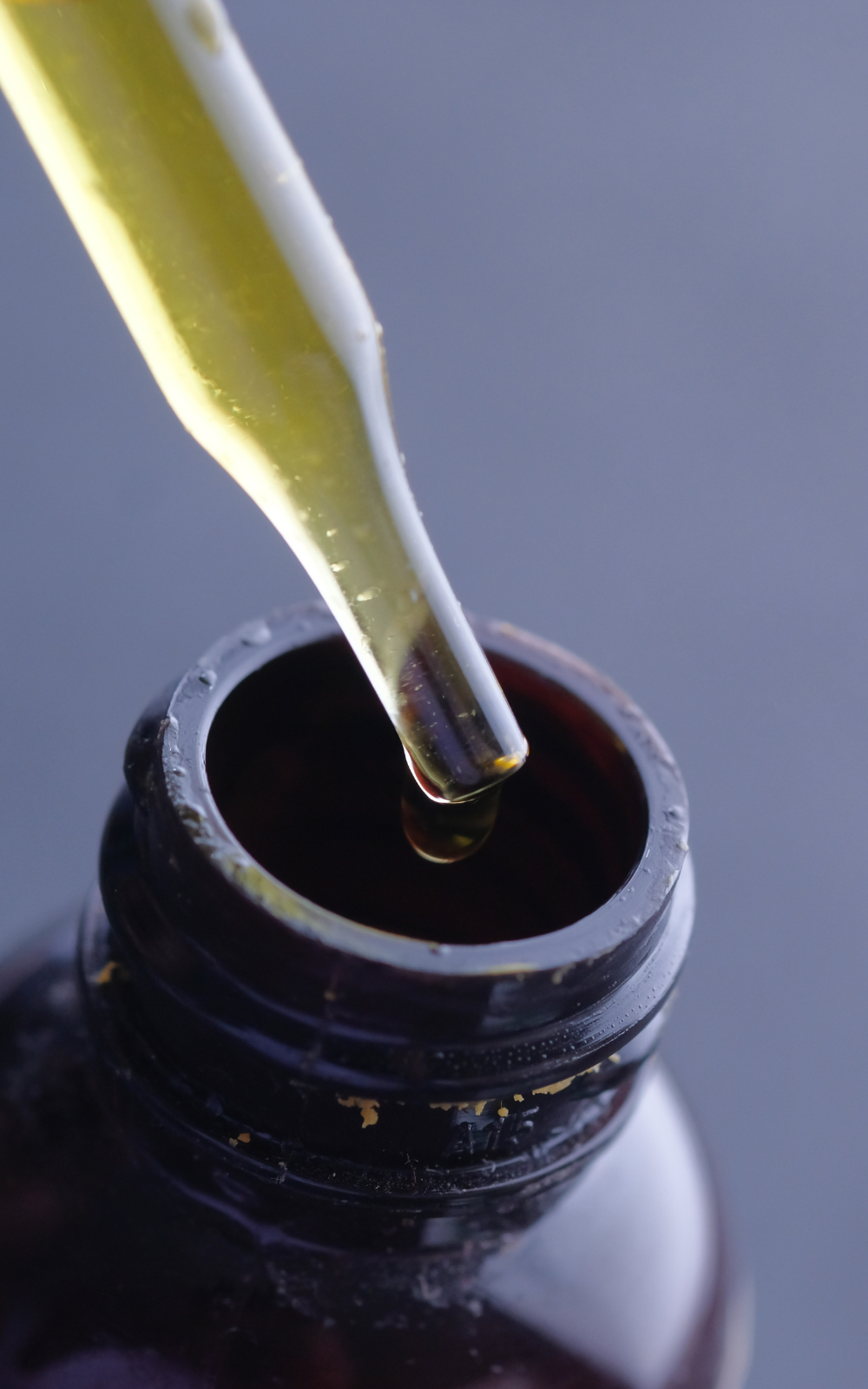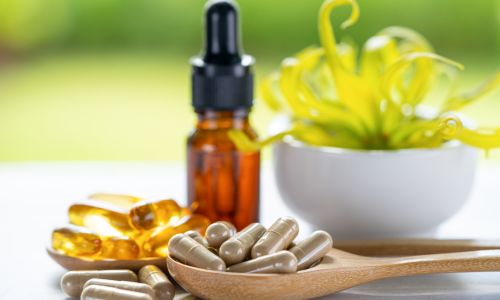
Some herbs can have a positive effect on improving beauty, mainly by supporting the health of the skin, hair and nails. However, it is worth noting that beauty-related effects are usually subtle and can vary from person to person. Not all herbs work the same for all people and results can vary. Plants with anti-inflammatory effects: such as chamomile, calendula or lavender can help to relieve skin inflammation. Herbs such as nettle, rosemary and field horsetail, on the other hand, are often used in hair and scalp care products.
Herbal medicine can be potentially dangerous, especially when not used responsibly or in combination with other medicines or therapies. Some herbs may interact with specific medicines, which may weaken their effectiveness or increase the risk of side effects. People who are allergic to certain herbs may develop allergic reactions or intolerance. In addition, taking the wrong dose can lead to an overdose. Overdosing on herbs can be detrimental to health and lead to serious problems. Remember that herbal medicine can be beneficial, but you need to be cautious and consult a professional in the field.
The duration can vary considerably depending on a number of factors, such as the type of condition, the type of herb, the individual reaction of the patient and the safety of long-term use of the herb in question. We can distinguish between short-term and long-term therapy. In some cases, such as colds, urinary tract infections or digestive complaints, herbal therapy can be used for a short period of time, usually from a few days to a few weeks. On the other hand, for chronic conditions, such as certain cardiovascular health problems, diabetes or digestive disorders, herbal therapy can be used for a longer period, even for several months or years.
When at what time is best to drink herbs is determined by the type of herb and the goal you want to achieve. If you want to relax and improve the quality of your sleep, then the evening is the best time to drink herbal teas with a calming effect, such as chamomile, lemon balm or lavender. If you need energy and stimulation, the morning is the right time to drink a stimulant herbal tea, such as peppermint or St. John's wort. Some herbs, such as peppermint or dill, can help with digestion and ease stomach discomfort, so drinking them after a meal can be beneficial.
Depending on what kind of pain we are dealing with, we can use the benefits of herbal medicine. If it is mild to moderate pain, we can use herbs such as peppermint, lavender or chamomile. Peppermint, known for its muscle-relaxing and tension-relieving properties, can help relieve a headache. Lavender essential oil, on the other hand, has a relaxing effect and can help reduce tension, which can contribute to headaches. Chamomile has analgesic and anti-inflammatory properties that can help relieve headaches.
No, herbs should not be combined arbitrarily. Combining different herbs can have unpredictable effects, including negative interactions, side effects or weakening of the effectiveness of the herbs. It would be a good idea, if you intend to undergo herbal therapy, to seek the expertise of someone with the right knowledge and qualifications. MTS Holistic Therapy hosts an herbalist, a certified phytotherapist, who, after an interview, will make appropriate recommendations for you regarding a list of herbs, as well as how and when to take them. Our specialist can help you select the right herbs according to your individual needs and take into account potential interactions and health contraindications.
There are many herbs that are known for their health benefits and which can be drunk daily as part of a healthy diet. Here are some examples of herbs that can be consumed regularly as part of a healthy diet:
Mint is known for its refreshing taste and calming properties. It can be used to make teas that aid digestion and relieve stomach discomfort.
Basil is an herb with an intense taste and aroma. It has anti-inflammatory and antioxidant effects. When added to food, it can support heart health and the immune system.
Turmeric is known for its yellow colour and anti-inflammatory properties. It contains curcumin, which can help fight various diseases, including heart disease and cancer.
Many people are in the habit of drinking herbal teas before bedtime, as herbs mainly have calming properties and promote better sleep. However, there are some herbs that are not recommended to be drunk at night due to their potential stimulant effects or that may interfere with sleep. Such herbs include green tea. It contains caffeine, which is a stimulant and can lead to difficulty falling asleep. It is better to drink it during the day. Apart from green tea, black tea and Yerba mate are also not recommended before bedtime. Like green tea, they contain caffeine. White liquorice tea can raise blood pressure, which can disrupt sleep.

